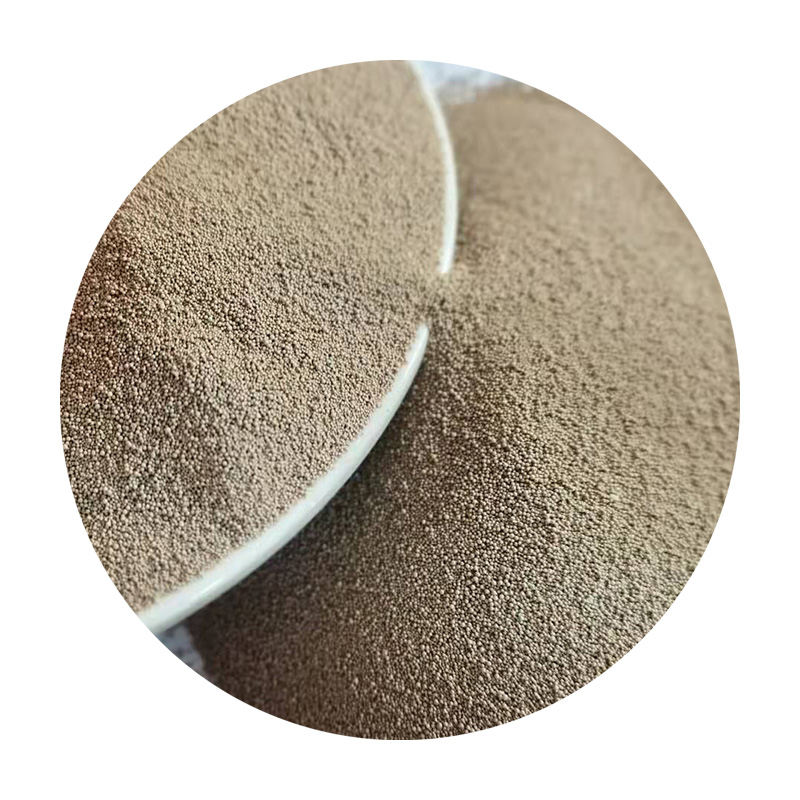What is Resin Coated Sand?
Resin coated sand is a specialized material used primarily in the foundry industry for metal casting processes. This innovative sand combines traditional silica sand with a resin binder, enhancing its properties and making it suitable for various applications in the manufacturing sector. The resin-coated sand offers numerous advantages over conventional molding sands, leading to its growing popularity in recent years.
The process of producing resin coated sand involves the mixing of high-quality silica sand with a thermosetting resin and a catalyst. The resin is typically phenolic, furan, or epoxy-based, designed to bond the sand grains together and create a durable mold. Upon heating, the resin cures and hardens, resulting in a robust mold that can withstand the mechanical stresses of metal pouring and solidification. This unique binding system contributes to the sand's ability to maintain precise shapes and details in the final product.
What is Resin Coated Sand?
In addition to its mechanical properties, resin coated sand offers enhanced thermal stability. The resin acts as a thermal barrier, allowing the mold to endure the high temperatures associated with molten metal casting. This characteristic is crucial for preventing sand burn-on and other thermal-related defects that can compromise the integrity of the casting.
what is resin coated sand

Moreover, the use of resin coated sand is environmentally beneficial. Traditional sand casting processes often generate excessive waste and pollution due to the use of silica sand and other additives. However, the resin-coated variety can be recycled multiple times without significant loss of quality. This recyclability not only reduces material costs but also minimizes the environmental impact associated with sand extraction and disposal.
The versatility of resin coated sand extends beyond just metal casting. Its applications can be found in several industries, including construction, where it can be used for producing high-performance concrete or as a component in artificial sports fields. The consistent grain size and shape of resin coated sand contribute to superior performance in these applications, further expanding its market reach.
Despite its many advantages, the production and use of resin coated sand require careful consideration. The curing process can generate volatile organic compounds (VOCs), which may pose health risks to workers if not managed properly. Therefore, it is crucial for manufacturers to implement strict safety protocols and adhere to regulatory guidelines to mitigate these risks.
In summary, resin coated sand is a high-performance material that significantly enhances the metal casting process and offers distinct advantages over traditional sand casting methods. Its superior strength, thermal stability, and recyclability make it an appealing option for various manufacturing applications. As industries continue to seek ways to improve efficiency and reduce environmental impacts, resin coated sand is poised to play a vital role in the future of production technologies.
Post time:Aug . 01, 2024 01:56
Next:A Comprehensive Guide to Sanding and Smoothing Your 3D Printed Models Effectively
